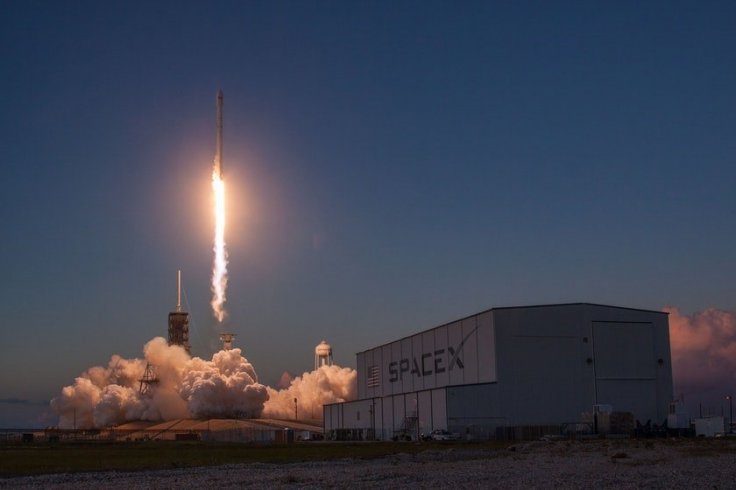Elon Musk's SpaceX and the US military are planning to build a 7,500 mph high-hypersonic reusable rocket that can deliver 80 tons of cargo, including weapons via space anywhere in the globe within an hour.
This rocket will allow materials to be transported from Cape Canaveral, in Florida, to the US-run Bagram airfield in Afghanistan in just 60 minutes. General Stephen Lyons, head of US Transportation Command, said in a virtual conference that under a new contract, SpaceX will assess the costs and the technical challenges of the rocket project that needs to be overcome to deliver the cargo.
While announcing the collaboration—which will also include another aerospace company Exploration Architecture Corporation (xArc)—the US official also said that the initial tests of the superfast rocket expected in 2021. "I can tell you SpaceX is moving very, very rapidly in this area. I'm really excited about the team that's working with SpaceX," said General Lyons.

SpaceX the Real Life "Stark Industry"
The fans of 'Iron Man' or those who know about the film character 'Tony Stark' can relate the Marvel character with billionaire Musk—as in reel and real-life both of them, more or less, are on the same path.
However, earlier SpaceX has shown the ability to vertically land and reuse its booster rockets for the Falcon 9 onto drone ships out at the ocean. But the company, which recently launched another set of 60 Starlink satellites into the sky, has never landed a rocket carrying a full payload.

But what we are probably missing here is the advantage of making such a high-hypersonic rocket. The major advantage of this system is that flying over another country, via space, currently does not need permission from foreign governments. The C-17 cargo aircraft, which is in use, cost the US military almost $218 million.
While talking about the safety and accuracy of the landing, Douglas Barrie, who is an aerospace expert from the London-based International Institute for Strategic Studies said, "We send humans up into space safely, so sending cargo via orbit is not a problem. The challenge will be bringing it down."
However, he raised questions about the concept of such a high-speed rocket and the cost to develop it. He also added, "normally you associate space-based delivery with intercontinental ballistic missiles...[so] what would be the urgency for sending military cargo through space?"









